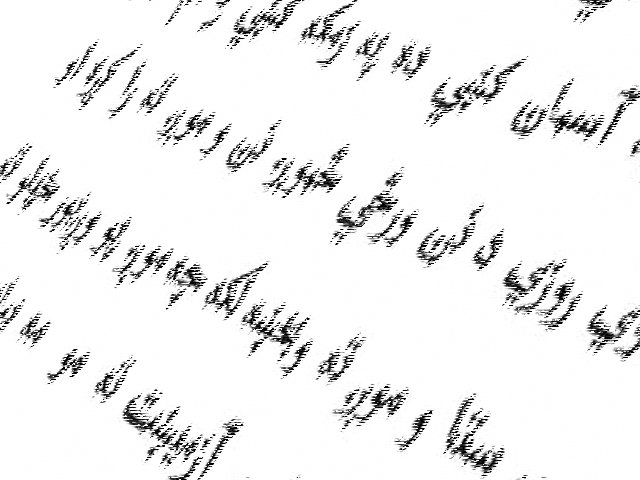
MINGORA/ PESHAWAR: Speakers at a seminar on International Mother Language Day on Friday called for the medium of instruction in schools and colleges to be the mother tongue.
The purpose of the event, organised by the Poha foundation, was to highlight the importance of mother languages in education, to attract the attention of the youth towards their mother tongue and discuss hindrances in the way of making Pashto a part of the curriculum up to intermediate level.
“Our own language has always been ignored and is yet to become the medium of education,” said Ayaz Mandokhel, chairman of the Poha foundation.
Former minister for information and culture Mian Iftikhar Hussain said we have to make things easy for the upcoming generation so they can adopt Pashto rather than making the process more complicated and difficult.
Hussain said there were several problems in making Pashto the official language of the province as the matter has now been politicised by political parties.
He said all the intellectuals of Pashto have differences due to which they can never unite to work for the betterment and preservation of the language and force the government to make it the official language.
A participant said one of the problems in teaching Pashto as a subject was the unavailability of competent teachers.
Also in Swat
The day was celebrated in Swat as well to recognise the importance of the mother language.
A ceremony was held which was attended by poets, singers, scholars and civil society members from all the districts of Swat. Participants demanded Pashto be made the medium of communication in Khyber-Pakhtunkhwa and the language be a compulsory subject in educational institutions.
Scholars present at the occasion said around 28 Pakistani languages from 43 worldwide languages are going to be extinct at the end of this century.
Mohammad Ali Deena Khel, a Pashto scholar, discussed in detail the various roles of languages in the uplift of humans.
“The soil of Swat remained the cradle of various ancient civilisations and it is highly appreciable to see such an activity taking place here,” said Nawaz Yousafzai, a Pashto scholar from Buner.
Attaullah Jan, a Pashto poet and critique said that Swat, in this regard, has the credit to have hosted the International Mother Language Day every year since 2000. “We have even celebrated the day during curfew when the war was going on,” he said. Zubair Torwali said children today suffer from a mental conflict as they speak in one language and are taught in another.
Published in The Express Tribune, February 22nd, 2014.
COMMENTS (2)
Comments are moderated and generally will be posted if they are on-topic and not abusive.
For more information, please see our Comments FAQ






































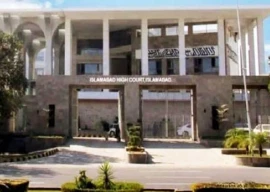
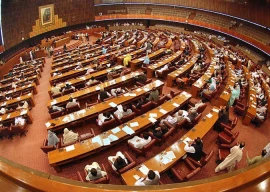

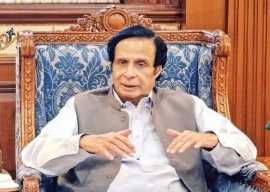
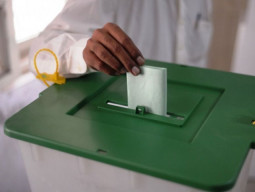










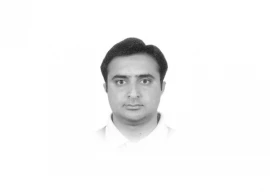
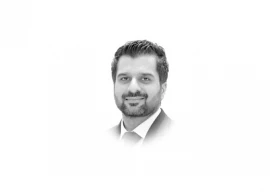


@Malik, The international Mother Language day means you can learn & speak in your mother language. It does not mean Hindko replaced by Pashto. If you are Hindko speaker please work for owning your language. Majority of people speaks Pashto language in KPK, thats why we have the right to decalre Pashto is our main national language & Hindko/Seraiki or Chitrali as regional languages.